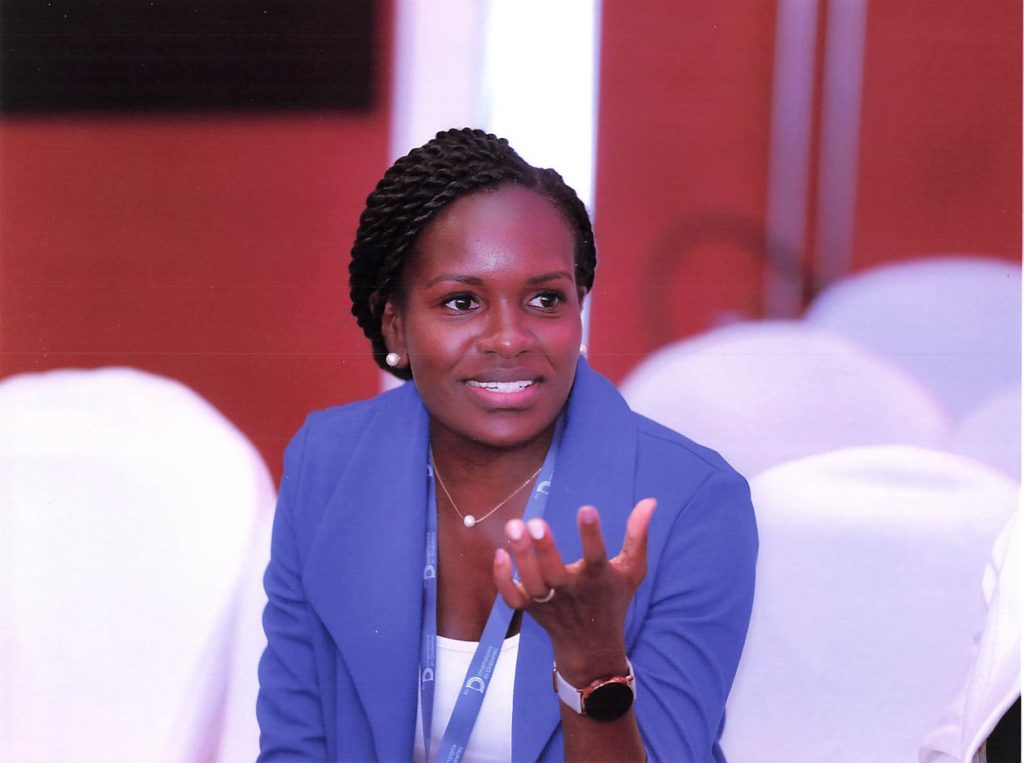
As the weather in the Washington D.C., area starts ebbing from shorts and T-shirts to jeans and hoodies, Autumn signals its arrival and therefore, the focus of Endocrine News turns to our annual diabetes research and practice issue each November, to coincide with Diabetes Awareness Month. As usual, thanks to the plethora of research on this topic, we have another packed issue for you.
A new clinical support tool has been developed by the Endocrine Society and was created to help primary care physicians avoid overtreatment in their older adult patients with type 2 diabetes which could result in hypoglycemia. The Hypoglycemia Prevention Initiative is a multi-year joint effort between the Society and Avalere Health and resulted in the “Hypoglycemia Reduction Clinical Decision Support Tool” based on the literature, including Endocrine Society clinical practice guidelines on treating diabetes in older adults and managing patients at high risk for hypoglycemia, as well as American Diabetes Association care standards. This month, Eric Seaborg discusses this new tool in “Sage Advice” and why it was so important for primary care providers to have this as a resource.
Treating people with type 2 diabetes is also the topic of “Pharm Fresh” by Senior Editor Derek Bagley, who goes into great detail about the potential of pharmacological solutions in preventing diabetes. While clinicians have maintained that this condition could be curtailed or at least delayed by modifying various risk factors, Priyanka Majety, MD, assistant professor in the Division of Endocrinology, Diabetes, and Metabolism at Virginia Commonwealth University in Richmond, is thankful for the number of pharmacological options available for patients with type 2 diabetes, but that using patient-specific characteristics are key to direct the treatment strategies that are most effective because “this will ensure success for both us and our patients,” she says. “We consider the type of diabetes they have, their lifestyle, their comorbid conditions, and complications (heart disease, high blood pressure, kidney disease, hyperlipidemia, etc.) before choosing a medication.”
Endocrine Society member Rita R. Kalyani, MD, MHS, an associate professor of medicine at Johns Hopkins University School of Medicine in Baltimore, Md., talked to Derek about her recent book Winning with Diabetes: Inspiring Stories from Athletes to Help You Thrive that she hopes clinicians can use with their patients with diabetes as a source of inspiration. In “Good Sports,” she goes into great detail about how the book doesn’t shy away from the very real challenges a number of professional athletes have faced in overcoming the odds that diabetes often complicates while still achieving their own athletic prowess.
Kalyani discusses how she really sought to understand how these athletes were so successful professionally despite living with diabetes, and says that she found in nearly all cases is that most of the athletes thought they “were successful in part due to the lessons they learned from an early age living with a chronic disease such as diabetes,” she says, adding that it taught them such things as self-care practices, healthy eating, and gave them the maturity and determination that they needed to succeed.

I’m glad to say that our new feature we launched earlier this year, “Early Career Forum” has become a very popular addition to our portfolio as we seem to have a major article in every issue! This month features the article “Passage to India” where I talked with Estelle Everett, MD, MHS (right), from the David Geffen School of Medicine at UCLA in Los Angeles, Calif., about her participation in the Dimensions in Diabetes program that took place in Mumbai, India, in August. Sponsored by the Endocrine Society and CME Mediquest, this is the event’s ninth year and Everett conducted a session entitled “Type 2 Diabetes Management: Intensifying Treatment for Optimal Glycemic Control,” that focused on the phenomenon of clinical inertia, “which occurs when there is failure to intensify one treatment regimen despite suboptimal glycemic control,” she says. “This is an issue that occurs all over the world, including in India.” Aside from telling us more about this important international program, Everett also discusses the impact that receiving an Endocrine Society 2022 Early Investigator Award has had on her career and her research.
As we get ready to gear up for 2024, feel free to contact me regarding any story ideas or outstanding Endocrine Society members you think we should feature on our pages. You can find me at: [email protected].

